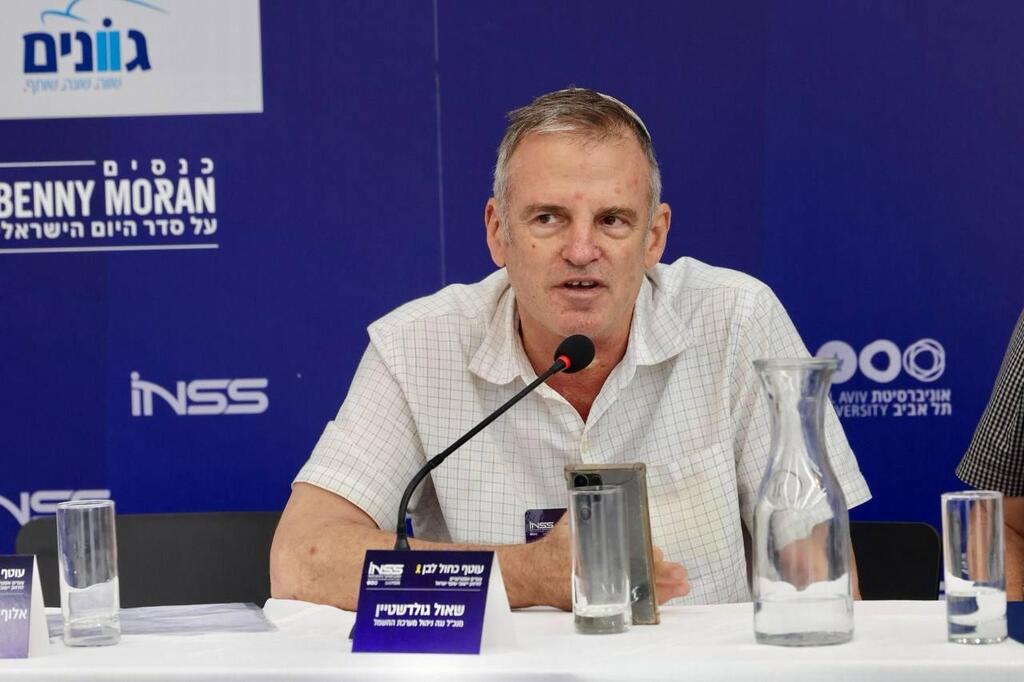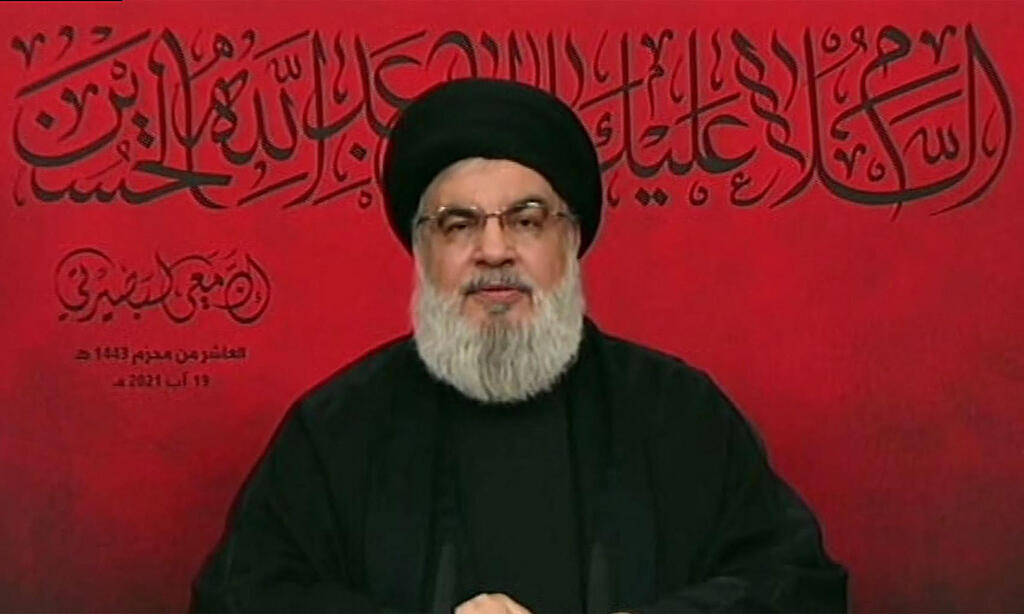Getting your Trinity Audio player ready...
In a dramatic statement following Hezbollah leader Hassan Nasrallah's recent threats, the CEO of Israel's national electrical grid management company sounded the alarm about what he says is the country's lack of readiness.
"We are not in a good state; we are not prepared for war," declared Shaul Goldstein, CEO of Noga – the National Electrical System Management Company. He warned Hezbollah could easily cripple Israel's power grid, adding: "After 72 hours without electricity, living in Israel will be impossible." Goldstein's stark remarks were made at a conference hosted by the Institute for National Security Studies in Sderot.
When asked at the conference if he could guarantee a continuous power supply under any circumstances, Goldstein's response was a blunt "No." He elaborated: "But we rely on Israeli ingenuity. Israel is an energy island, and we must be self-sufficient, which is also our advantage. We are trained to operate in isolation."
Goldstein painted a grim picture of potential threats: "When I took on this role and started investigating the real threats to our electricity sector, I asked myself – what if a missile strikes the power grid, causing outages for an hour, three hours, 24 hours, 48 hours, 72 hours, and beyond? What happens to Israel in such a scenario? The bottom line is that after 72 hours, living in Israel becomes untenable."
People don't realize how dependent our lives here are on electricity," he added. "I have 15 inspectors across the country, and if there's a power outage, after five hours, I won't have a phone line to contact them. Suppose they receive a carrier pigeon message after 12 hours; they’ll reach a gas station, but there won't be any fuel. No gas station will be operational, and there will be lines at least 18 miles long, if not longer. If you examine all our infrastructure – the fiber optics, the ports and without delving into sensitive matters – we are not in a good state."
Goldstein's warnings didn't stop there. "We are not ready for a real war. In my view, we live in a fantasy world. The positive side is that we've invested a lot in fortifications, along with the Israel Electric Corporation, in a joint team. If Nasrallah wants to bring down Israel's power grid, he only needs to call the person in charge of Beirut's electrical system, which looks exactly like Israel's. He doesn’t even need a surveillance drone; he can ask a second-year electrical engineering student where the most critical points in Israel are – it’s all available on the internet. I'm not revealing anything new; anyone can find this information online. We haven't fully grasped our situation. If the war is postponed by a year, five years, or 10 years, we will be better prepared," he said.
Rebukes and Hezbollah threats
His warnings were quickly met with criticism from Meir Spiegler, CEO of the Israel Electric Corporation. Spiegler rebuked Goldstein's comments as "irresponsible, detached from reality and spreading unnecessary panic among the public." He suggested that Goldstein should focus on managing Noga, which he claimed had regressed under Goldstein's leadership.
On Wednesday, in a speech, Nasrallah threatened to expand his organization's attack range within Israel. "Our drone (which documented nine and a half minutes of the Haifa Bay area) brought back information we have not yet released. What was published was prepared from hours-long missions. We have hours of footage of Haifa, what lies beyond Haifa, and even further. The invasion of the Galilee remains on the table if the conflict escalates. There will be no place in Israel that our missiles and drones cannot reach. Each drone has a target, and each missile has a target."



